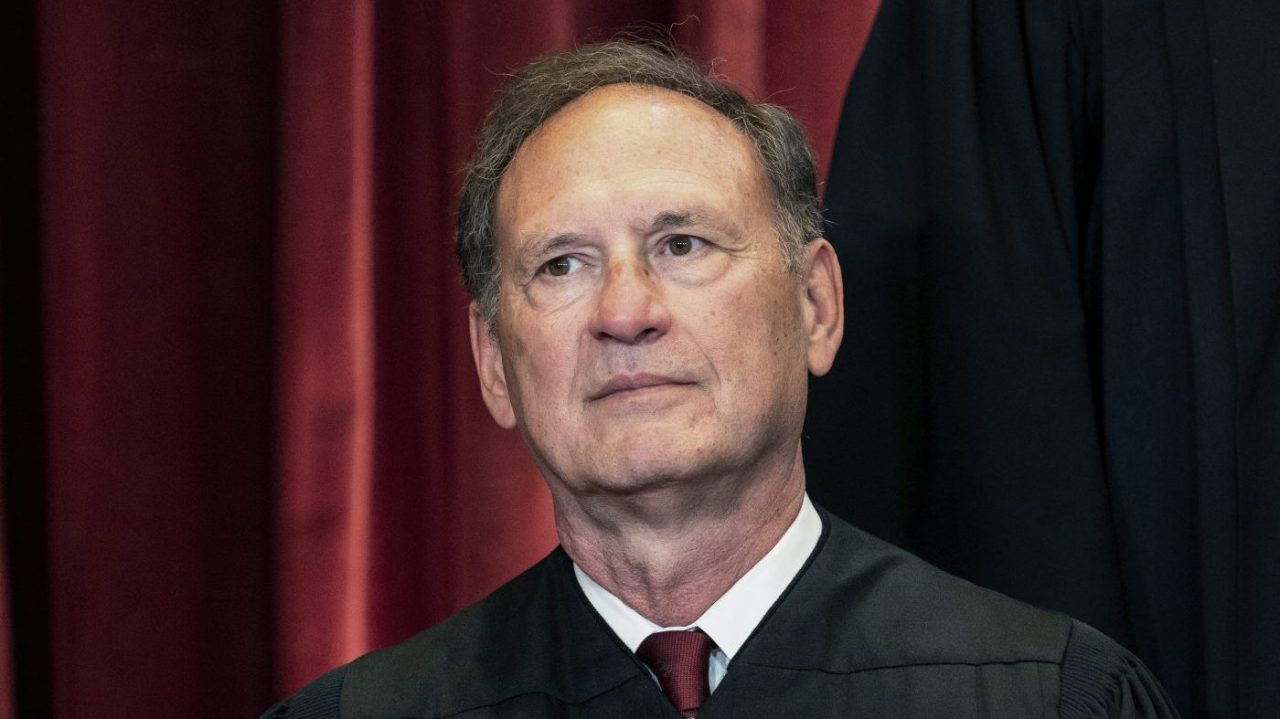Supreme Court Justice Samuel Alito no doubt intended to shock the political world when he told interviewers for the Wall Street Journal that “No provision in the Constitution gives [Congress] the authority to regulate the Supreme Court — period.”
Many observers dismissed his comment out of hand, noting the express language in Article III, establishing the court’s jurisdiction under “such regulations as the Congress shall make.”
But Alito wasn’t bluffing. His recently issued statement, declining to recuse himself in a controversial case, was issued without a single citation or reference to the controlling federal statute. Nor did he mention or adhere to the test for recusal that other justices have acknowledged in similar circumstances. It was as though he declared himself above the law.



In counteracting fairness, the Constitution isn’t exactly clear on what power they have beyond dispute resolution. The dispute of “is this Law Unconstitutional despite seeming Constitutional?” is certainly not a question they have any clear Constitutional right to. They were given judicial power “in law and equity, arising under this Constitution, the laws of the United States, and treaties made”. The right to Interpret the Constitution and Invalidate Laws sorta evolved from that.
This isn’t a criticism about how things evolved. This whole “Hard to Change Constitution that lasts forever” thing isn’t working out so well for us; things need to change. But it means we have a third control. “Decide that they are themselves acting Unconstitutionally and ignore them”. SCOTUS has openly and willfully ruled in opposition to the Constitution before, and they will again. Sometimes it’s decisions we agree with, sometimes not so much. Of course, that’s probably harder to do than Impeachment. We don’t know what would happen if a State openly opposed a SCOTUS decision (well, California had some passing success regarding pot legalization, and some states regarding Illegal Immigration), but if they do the Constitutional Crisis isn’t that state, but Marbury v Madison.
Their entire argument against abortion is actually explicitly condemned by the 9th amendment.
And what is the court’s argument with abortion? That there is nothing in the Constitution which enshrines it. They’re directly using the enumerated rights to deny/disparage our other rights. I’m not a lawyer, but this amendment is obvious to understand. SCOTUS saying it doesn’t mean what it does, does not mean it doesn’t mean its plain text.
This is the fundamental problem with judicial review. It’s obvious that it isn’t in the Constitution, because every other act by the government has a check by the other branches. The idea that one branch can say something final without the other branches having an opportunity to overturn it is fundamentally against our notion of checks and balances. The justices can say the Constitution means the opposite of what it plainly does, and there is no recourse to stop them beyond an amendment – but even then, what’s to stop the justices from blocking that?
Judicial review is an important ability of the court and one that it needs, but it shouldn’t have been unilaterally granted to the court by itself. There should have been a Constitutional amendment to explicitly enshrine it and outline the necessary checks and balances.
The Court will see reform. It’s a wretched, undemocratic affront in the eyes of Millennials and Zoomers. Alito is just speeding up the process. They’ve made too many unpopular and tyrannical decisions in our lifetimes with no Constitutional basis.